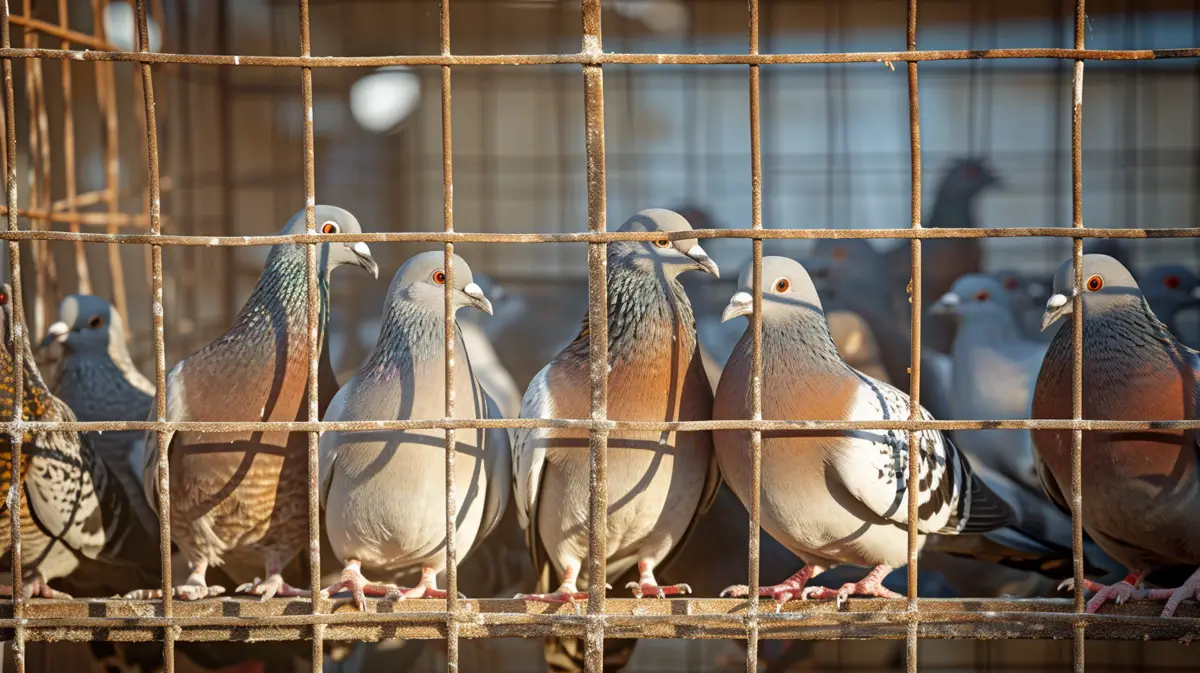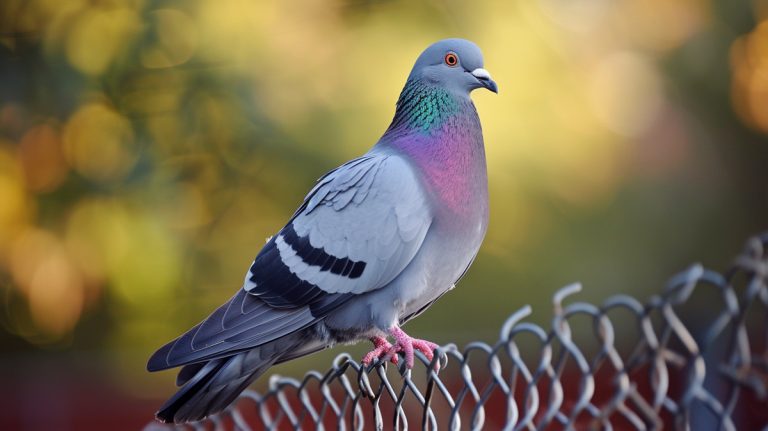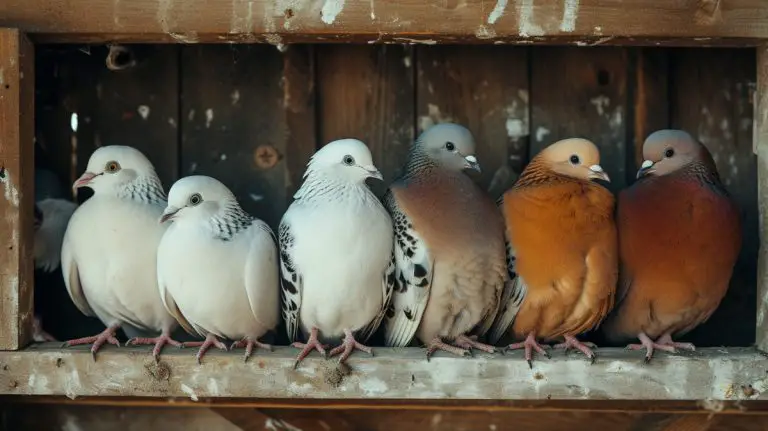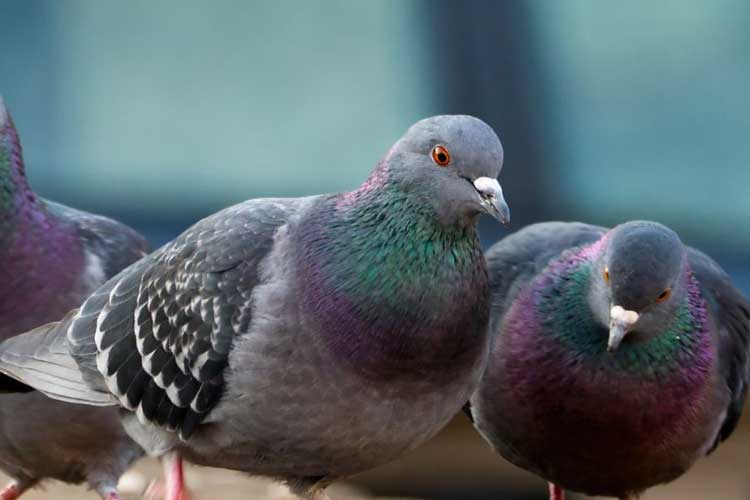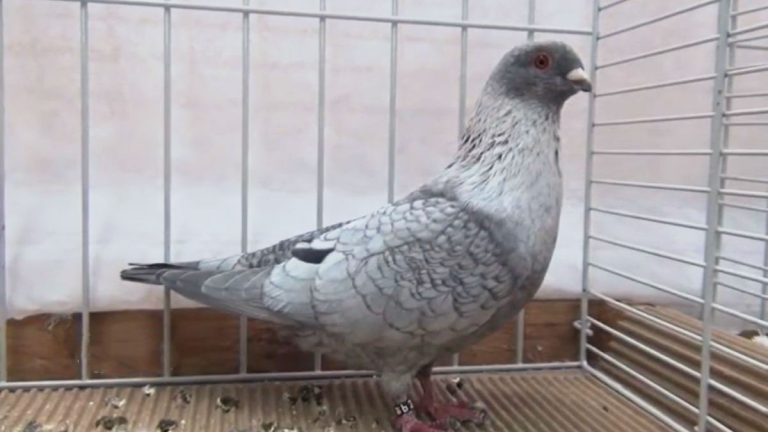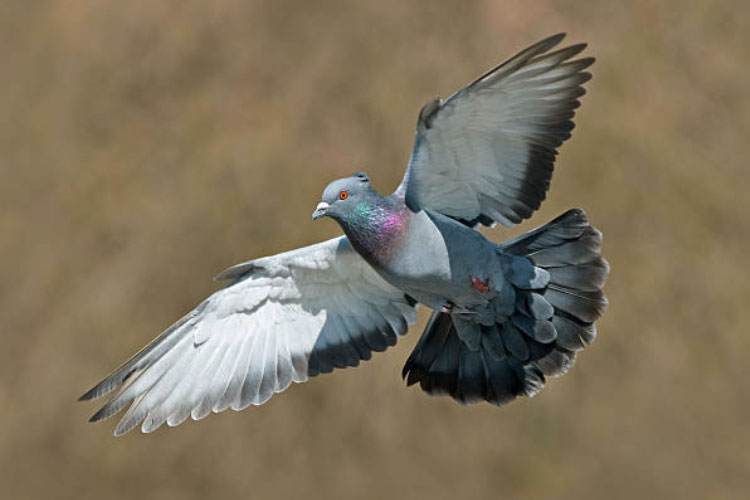Expert Tips for Pigeon Vaccination
Hey there! If you’re a pigeon lover like me, you know how important it is to keep our feathered friends healthy and protected. That’s why I’m here to talk about the crucial topic of pigeon vaccination. Whether you’re a pigeon fancier, a pigeon racer, or simply have a soft spot for these incredible birds, understanding the importance of vaccination is key to ensuring their well-being.
Why Pigeon Vaccination is Important
As a pigeon enthusiast, I understand the significance of vaccination in keeping these beautiful birds healthy and protected. Vaccination is a crucial aspect of pigeon care, whether you’re a pigeon fancier, racer, or someone who simply has a soft spot for pigeons. Let me explain why pigeon vaccination is so important.
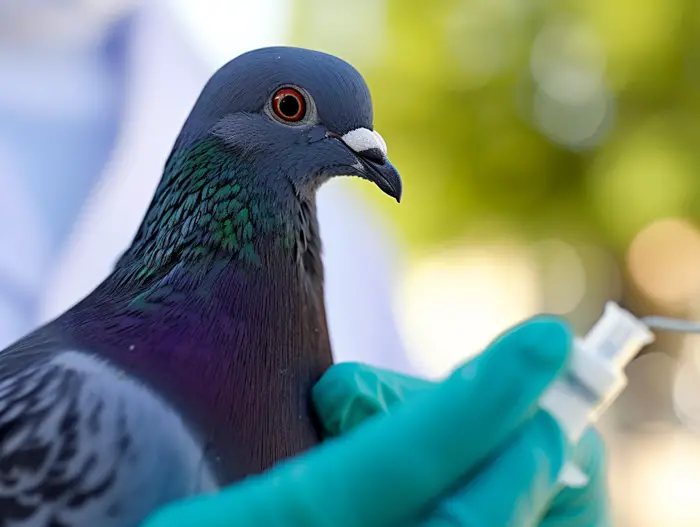
1. Preventing diseases: Vaccines are designed to protect pigeons from various dangerous diseases. Just like humans, pigeons are susceptible to infections that can be debilitating or even fatal. By administering the appropriate vaccines, we can significantly reduce the risk of pigeons falling ill and suffering from these diseases.
2. Building immune defenses: Vaccination is a way to strengthen the immune system of pigeons. When a pigeon is vaccinated, its body is exposed to a weakened or harmless part of the disease-causing agent. This exposure triggers a response from the immune system, which learns to recognize and fight off the actual disease if the pigeon is ever exposed to it in the future.
3. Preventing disease spread: Pigeons are social creatures that often interact with one another, which means that diseases can spread rapidly within their communities. Vaccinating individual pigeons helps prevent the spread of diseases to other birds in the flock or loft. By keeping pigeons healthy through vaccination, we can contribute to the overall well-being of the pigeon population.
4. Protecting against zoonotic diseases: Some diseases that affect pigeons can also be transmitted to humans. These are called zoonotic diseases. By vaccinating pigeons, we not only protect their health but also reduce the risk of these diseases being passed on to humans who come into contact with them.
It’s important to note that vaccination should be done by a qualified veterinarian or under their guidance. They can provide advice on the appropriate vaccines for your pigeons, the timing of vaccinations, and any precautions to take.
Remember, protecting and caring for our pigeons is a responsibility that comes with being a pigeon lover or owner. By prioritizing pigeon vaccination, we are ensuring the well-being of these magnificent birds and helping to maintain a healthy pigeon community.
So, stay informed and stay committed to the health of your pigeons through proper vaccination. It’s one of the best investments you can make in their well-being.
Common Diseases in Pigeons
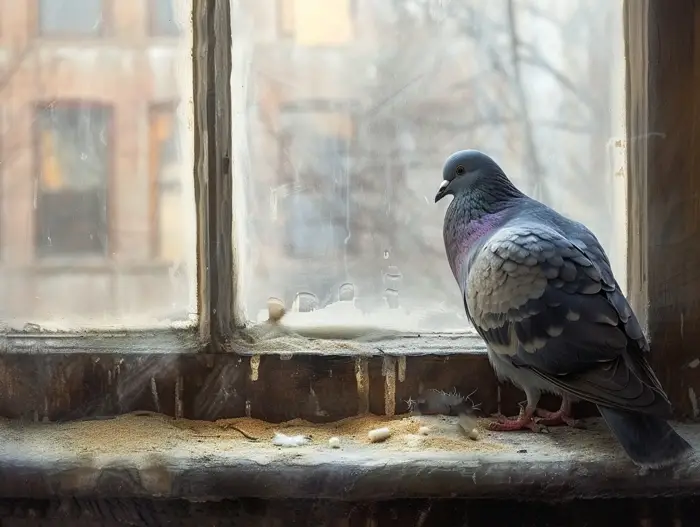
As I mentioned earlier, vaccination is essential for keeping pigeons healthy and protected. One of the primary reasons for vaccinating these birds is to prevent the spread of common diseases. Let me give you an overview of some of the most common diseases in pigeons:
- Pigeon Paramyxovirus (PPMV): This is a highly contagious viral disease that affects the respiratory, nervous, and digestive systems of pigeons. It can spread rapidly within pigeon flocks, leading to severe illness and even death. Vaccination against PPMV is crucial to protect the birds from this deadly disease.
- Salmonellosis: Pigeons can be carriers of Salmonella bacteria, which can cause salmonellosis in both birds and humans. This disease can lead to gastrointestinal problems, fever, and other serious health issues. Vaccinating pigeons against Salmonella can help prevent the transmission of this bacterial infection.
- Coccidiosis: Coccidiosis is caused by microscopic parasites called coccidia, which can affect the digestive system of pigeons. Infected birds may experience diarrhea, weight loss, and decreased immune function. Vaccination is an effective way to control and prevent the spread of coccidiosis among pigeon populations.
- Pigeon Pox: Pigeon pox is a viral disease that affects the skin and respiratory system of pigeons. Infected birds develop wart-like growths on their skin and may experience respiratory distress. Vaccination can provide protection against pigeon pox and reduce the risk of disease spread.
It’s important to note that these are just a few examples of common diseases that can affect pigeons. There are several other diseases, such as trichomoniasis, E. coli infections, and fungal infections, that can pose a threat to pigeon health. Vaccination plays a crucial role in preventing and controlling these diseases, ensuring the well-being of our feathered friends.
Remember, when it comes to pigeon vaccination, it’s always best to consult a qualified veterinarian or follow their guidance. By prioritizing vaccination, we can help create a healthier and safer environment for pigeons and ensure their well-being in our communities.
Types of Pigeon Vaccines
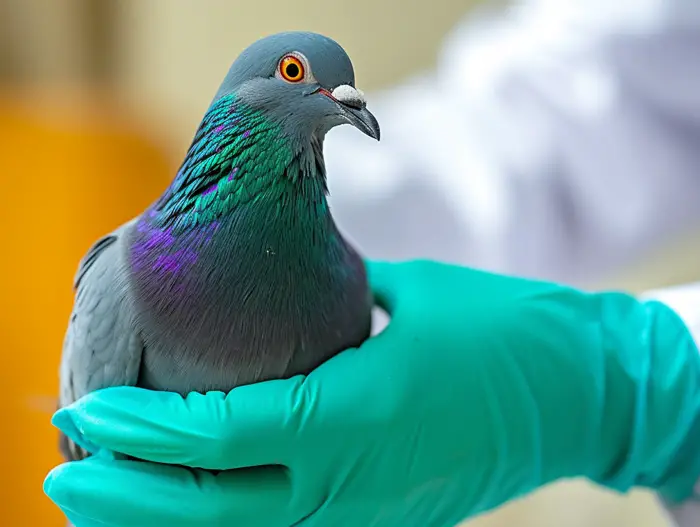
As I mentioned earlier, vaccination is essential for preventing the spread of diseases among pigeons. Now, let’s take a closer look at the different types of vaccines available for pigeons:
- Pigeon Paramyxovirus (PPMV) Vaccine: This vaccine is specifically designed to protect pigeons against Pigeon Paramyxovirus, a highly contagious and deadly disease. It is administered through the wing-web or in the breast muscle, and provides long-lasting immunity to the virus.
- Salmonellosis Vaccine: Salmonellosis is another common disease that affects pigeons, causing severe diarrhea, weight loss, and even death. The Salmonellosis vaccine helps prevent the spread of this bacterial infection. It is usually given orally or in the drinking water, making it easy to administer.
- Coccidiosis Vaccine: Coccidiosis is a parasitic disease that affects the intestines of pigeons. It can cause diarrhea, loss of appetite, and dehydration. The Coccidiosis vaccine helps protect pigeons from this disease. It can be given orally or mixed with their feed.
- Pigeon Pox Vaccine: Pigeon Pox is a viral disease that affects the skin, eyes, and respiratory system of pigeons. It causes the formation of wart-like lesions and can lead to severe respiratory distress. The Pigeon Pox vaccine is usually administered by using a needle-free injector or through the wing-web.
- Other Vaccines: Apart from the vaccines mentioned above, there are also vaccines available for other diseases like Avian Influenza and Newcastle Disease. These vaccines are usually administered by a qualified veterinarian, who will determine the appropriate vaccination schedule for your pigeons based on their individual needs.
Remember, it’s important to consult a qualified veterinarian or follow their guidance when it comes to pigeon vaccination. They will assess the health risks in your area, recommend the appropriate vaccines, and provide the necessary information on administration and dosage.
Vaccination Schedule for Pigeons
When it comes to ensuring the health and well-being of your pigeons, following a proper vaccination schedule is essential. Vaccines play a crucial role in preventing the spread of diseases among pigeons and maintaining a healthier flock. Here is a recommended vaccination schedule for pigeons:
1. Pigeon Paramyxovirus (PPMV) Vaccine:
- Administered at 4 weeks of age
- Boosted at 10-14 weeks of age
- Annual booster thereafter
2. Salmonellosis Vaccine:
- Administered at 6 weeks of age
- Boosted at 12 weeks of age
- Repeat every 6 months
3. Coccidiosis Vaccine:
- Administered at 8 weeks of age
- Boosted at 12-16 weeks of age
- Repeat annually or as recommended by the veterinarian
4. Pigeon Pox Vaccine:
- Administered at 10-12 weeks of age
- Repeat annually or as recommended by the veterinarian
Note: It’s crucial to consult a qualified veterinarian before initiating the vaccination schedule for your pigeons. They will assess the specific needs of your flock and provide tailored recommendations. Vaccines may differ based on geographical location, flock size, and other factors.
Following a proper vaccination schedule is important to protect your pigeons from various illnesses that can result in significant health issues and even mortality. Additionally, maintaining a clean and hygienic environment, providing proper nutrition, and practicing good biosecurity measures will further contribute to the overall health of your pigeons.
Remember, prevention is better than cure, and a well-implemented vaccination schedule is an integral part of ensuring the longevity and well-being of your pigeons.
Next, let’s delve deeper into the specific types of vaccines available for pigeons and their importance in safeguarding their health.
Tips for Administering Pigeon Vaccines
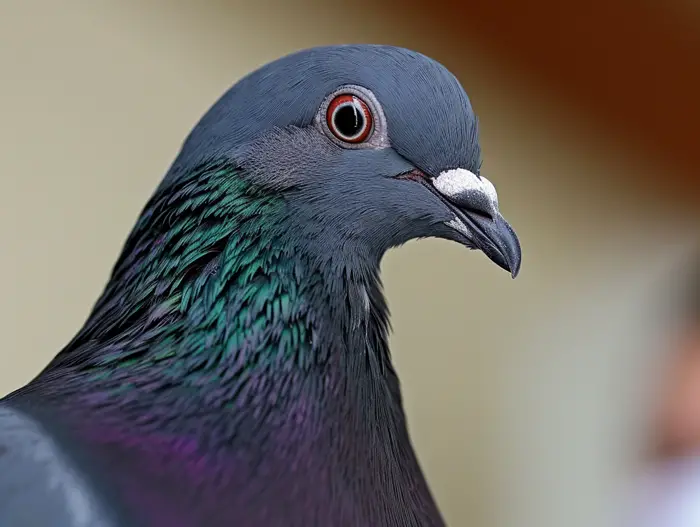
When it comes to administering vaccines to pigeons, it’s important to follow proper procedures to ensure their health and well-being. Here are some tips for administering pigeon vaccines:
- Consult a Veterinarian: Before administering any vaccines to your pigeons, it’s crucial to consult a qualified veterinarian. They will be able to provide tailored recommendations based on your pigeons’ specific needs.
- Proper Handling: Ensure that you handle the vaccines properly by following the instructions provided by the manufacturer. This includes storing the vaccines at the recommended temperature and protecting them from light.
- Correct Dosage: Administering the correct dosage of the vaccine is essential for its effectiveness. Always follow the recommended dosage guidelines provided by the veterinarian or the vaccine manufacturer.
- Choose the Right Administration Route: Pigeon vaccines can be administered through various routes, including injection, drinking water, and eye drops. Consult your veterinarian to determine the most appropriate administration route for each specific vaccine.
- Use Sterile Equipment: When administering vaccines, it’s important to use sterile equipment to prevent infections. Make sure that the syringes, needles, and any other equipment are clean and free from contamination.
- Proper Restraint: Pigeons may need to be properly restrained during the vaccination process to ensure safety for both the pigeons and the person administering the vaccine. Take care to handle the pigeons gently and with minimal stress.
- Keep Track of Vaccination Records: It’s crucial to keep a record of all the vaccinations administered to your pigeons. This will help you track their vaccination history and ensure that they are up to date with their vaccines.
Remember, administering vaccines to pigeons is not a one-time process. Vaccinations need to be given at regular intervals to maintain their effectiveness. Consult your veterinarian for a recommended vaccination schedule for your pigeons.
By following these tips and working closely with a veterinarian, you can ensure that your pigeons are properly vaccinated and protected against common diseases.
Conclusion
Administering pigeon vaccines is an essential aspect of maintaining the health and well-being of these birds. By following proper procedures and consulting a veterinarian for tailored recommendations, we can ensure that our pigeons are protected against common diseases. It is crucial to use sterile equipment and choose the correct administration route to minimize the risk of infection. Keeping track of vaccination records helps in monitoring the effectiveness of the vaccines and ensures that the birds receive their shots at regular intervals. Remember, working closely with a veterinarian is vital for proper vaccination and protection. By taking these steps, we can provide our pigeons with the best chance of staying healthy and thriving. So, let’s prioritize their well-being and make pigeon vaccination a priority in our bird care routine.
